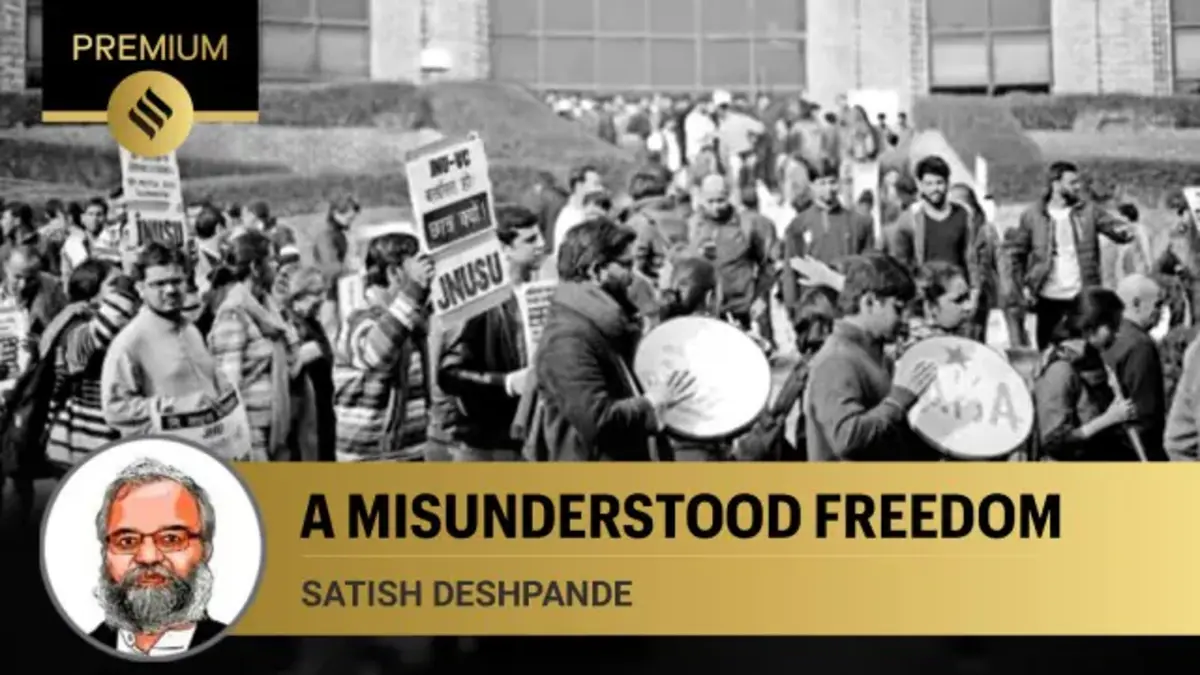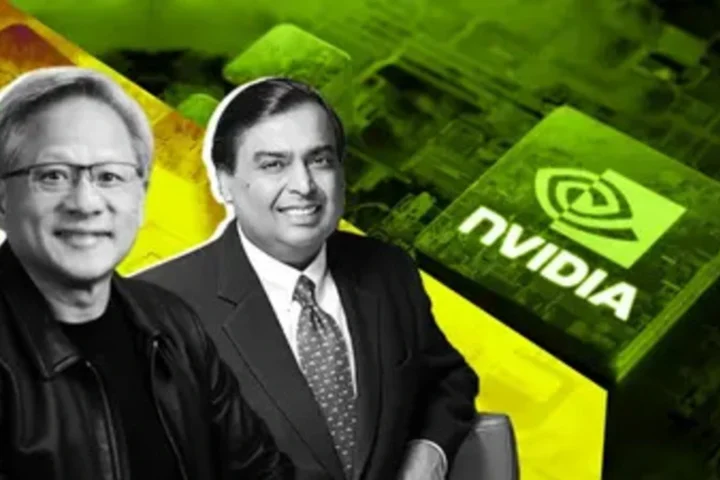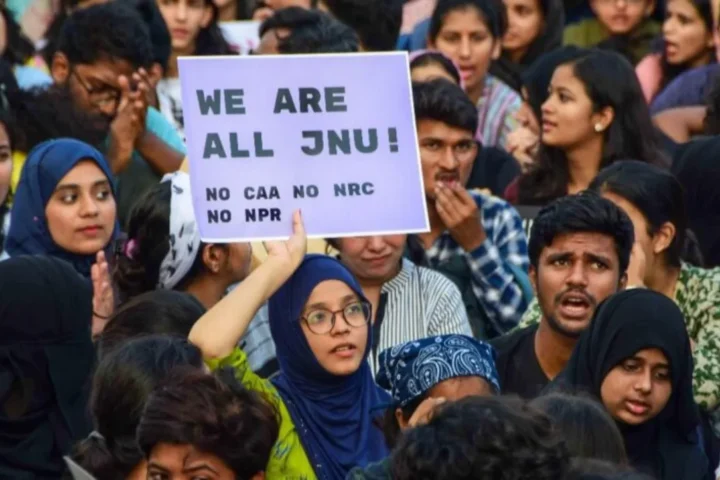The concept of academic freedom, once thought of as an esoteric perk for scholars, is under scrutiny globally. Satish Deshpande explores its nuances, shedding light on its practicality, purpose, and current challenges.
The Western Paradox: Limits of Academic Freedom
Recent events surrounding protests against the Israeli state in American universities unveil the paradox of academic freedom in its birthplace. Threats from donors and defunding laws in Europe raise questions about the credibility of this cherished idea.
The Indian Parallel: Standing Shoulder to Shoulder
Drawing parallels with Western counterparts, authorities in India exhibit similar tendencies, stifling dissent, preempting protests, and restricting free expression. The intersection of global attention with local actions underscores the complexity of academic freedom.
Deconstructing Academic Freedom: Beyond Misconceptions
1. “Academic” Misconception: Practical and DowntoEarth
Academic freedom is practical, contrary to its perceived impracticality. It pertains specifically to the academic world, tasked with ensuring the best ideas prevail for societal benefit.
2. “Freedom” Illusion: Autonomy within Stringent Norms
Academic freedom isn’t absolute freedom but autonomy for academic practices. It operates within strict academic norms, requiring transparency, evidence, and peer scrutiny.
3. The Purpose: Thinking on Behalf of Society
Academia, including universities and research centers, is entrusted with thinking for society. Academic freedom ensures rigorous questioning, critical thinking, and continuous development of ideas to meet evolving challenges.
The Threat: Government Control and CCS Rules
The potential consequences of subjecting universities to government control through Central Civil Service (CCS) rules are explored. The crucial distinction lies in academics contributing critical thinking, not wielding executive powers.
A Glimpse of Possibility: UGC’s “Selfie Points” Directive
The bizarre directive from the University Grants Commission (UGC) requesting “selfie points” featuring the Prime Minister on campuses highlights the need to protect academic freedom from unwarranted intrusions.
Beyond Public Universities: Protecting Academic Freedom Everywhere
Recent events reveal that academic freedom is not exclusive to public universities. Private institutions, touted as resistant to governmental pressures, have also faltered in safeguarding this essential principle.
Universal Relevance: From Humanities to Natural Sciences
While controversies often emerge in humanities and social sciences, academic freedom is equally vital in natural sciences. Its absence threatens the integrity of research across disciplines.
The Ideological Neutrality: Speaking Truth to Power
Academic freedom transcends ideological clashes. Academics bear the duty to speak truth to every form of state power, irrespective of ideological colors, emphasizing the core purpose of critical inquiry.
Conclusion: Safeguarding Academic Freedom for a Collective Future
Satish Deshpande concludes by reiterating the significance of academic freedom in shaping a collective future. Protecting this autonomy ensures the continuous pursuit of knowledge, critical thinking, and the advancement of ideas for the betterment of society.







